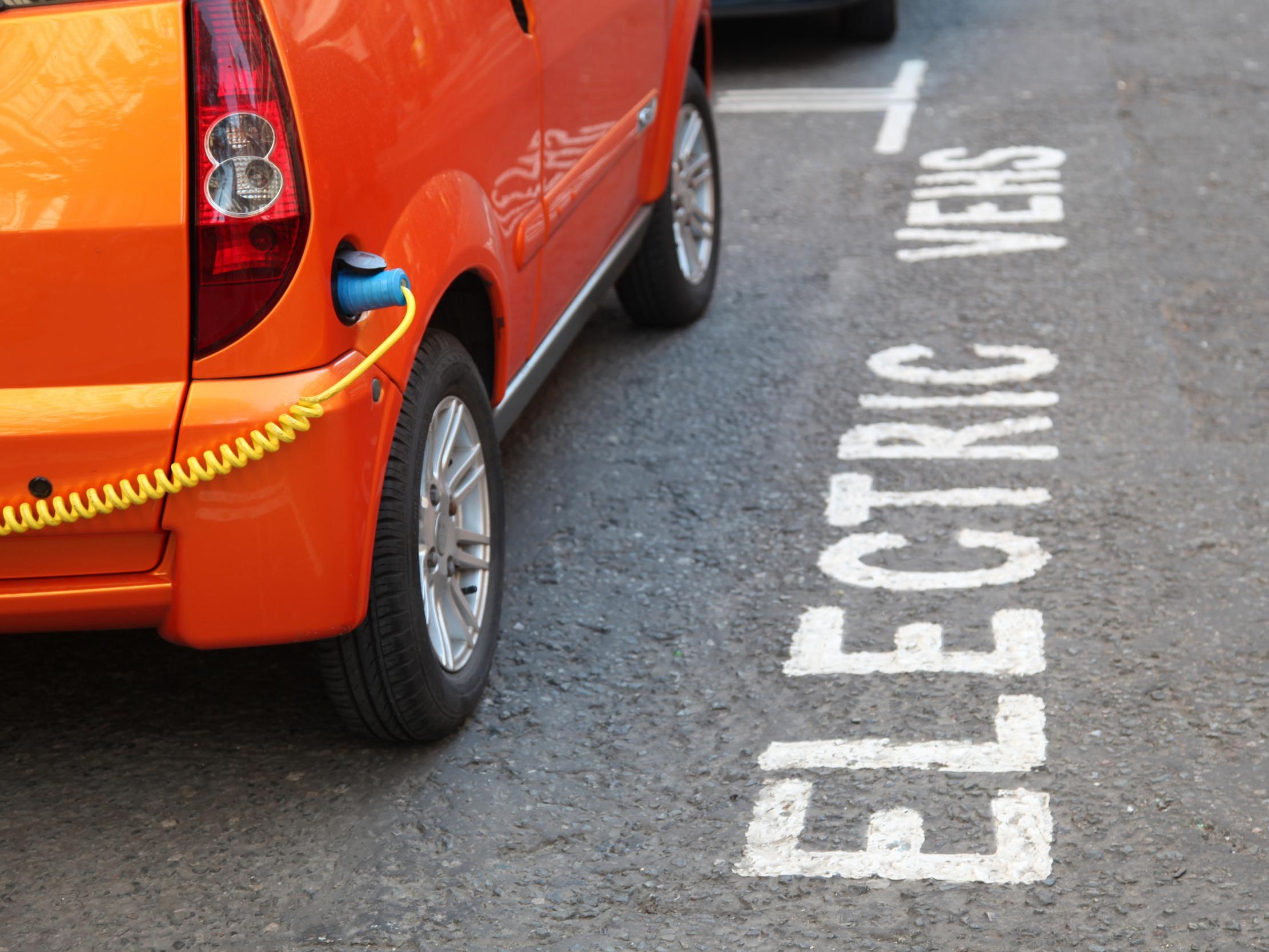20 pledges for 2020: Cycling won't be enough to save the planet – we need green investment in the car industry

The other day the Society of Motor Manufacturers and Traders, the main trade body, warned that this vital sector of the economy - vehicle manufacture, supplying components, the garage trade, car finance and so on - had virtually collapsed and urgently needed support in the short run to survive. That means more loans and grants to help get over the coronavirus crisis and, still more important, a tariff-free trade deal with the EU.
For the longer term too the government can do much more to green the economy. This, I have to say, must be more than just installing a vast new network of cycle routes. These seem to be springing up overnight without much of a great national debate, dictated by the emergency and the problems of social distancing on public transport, which may prove a relatively short term issue.
I do wonder what will happen when the road traffic does return to normal. Will buses get stuck with the cars, vans and lorries on what were broad thoroughfares and are now narrow single carriageways? Not everyone can cycle and bicycles are not well suited to long distances or freight. I’m not sure it’s been thought through.
Which brings me to my second unfashionable thought, which is that the cycling revolution, even if it transpires, won’t save the planet. The world will still need personal and commercial vehicles, so they may as well be green. The government does understand this, at least in principle. The business minister Nadhim Zahawi made a poor job of defending Robert Jenrick recently, but deserves credit for a commitment of £73.5 million of state investment in ten “advanced propulsion” projects across the UK was vastly more portentous.
But governments are not good at designing cars or running businesses, and the bulk of the hard work on greening transport will be undertaken by the auto giants. Yes, that’s right, the people who brought us diesel scandals, cars unsafe at any speed, violent union bashing and supported some nasty fascistic regimes over the decades: Much to answer for and sometimes rightly much maligned, for sure.
Yet today these same auto giants have engineered an unprecedented range of efficient, practical, safe and above all, green all-electric cars. What they need is help to make them affordable to people. At the moment an electric version of a mainstream model comes in at about £10,000 more than its petrol powered equivalent, and consumers instinctively driven by value and price are troubled by that. The electric car should not be just a rich person’s virtue-signalling play thing, a Tesla parked out front, while the diesel Hummer lurks in the garage. The next electric cars need to emulate the success of the Ford Model T, VW Beetle, Austin Mini, Toyota Corolla, Citroen 2CV...personal transportation for the many not the few.
To achieve the economies of mass electric vehicle production then mass market acceptance is needed, and that needs a push.
The boss of Ford of Britain, Graham Hoare recently warned about the challenge of reaching the zero carbon targets and only allowing the sale of zero emissions new vehicles in the 2030s, as is current policy: “We should be under no illusion that reaching this goal will require an unparalleled level of commitment and cooperation by a range of different stakeholders – government departments, local authorities, the auto industry, energy providers, and customers.”
At an SMMT summit on the future, Hoare cited the example of Norway, where electric cars are commonplace - purchasing incentives with zero purchase tax, plus social incentives such as cheaper road tolls and ferry fares, use of bus lanes and cheaper parking, and a recharging infrastructure with a density six times per person higher than that in the UK today. There is a lot to do.
A start is being made, maybe. Before long the government will double the electric car grant to £6,000, with additional subsidies for home charging and car tax. Local authorities could do more to make zero-emission electric motoring attractive too, by easing up on parking charges and road restrictions - which might help revive struggling high streets.
In other words the kind of rethink now taking place about the way we work needs to be extended into how we travel. There is much more to that than just hurriedly laying down more cycle paths.
Join our commenting forum
Join thought-provoking conversations, follow other Independent readers and see their replies
Comments
Bookmark popover
Removed from bookmarks